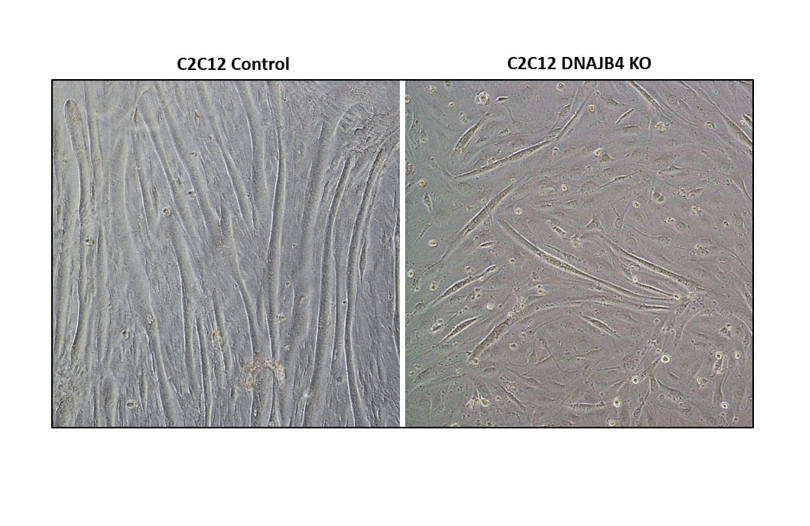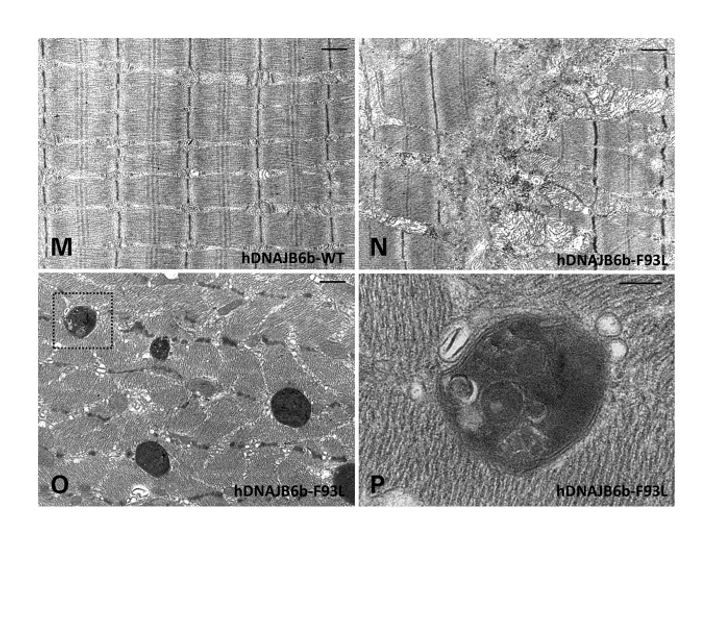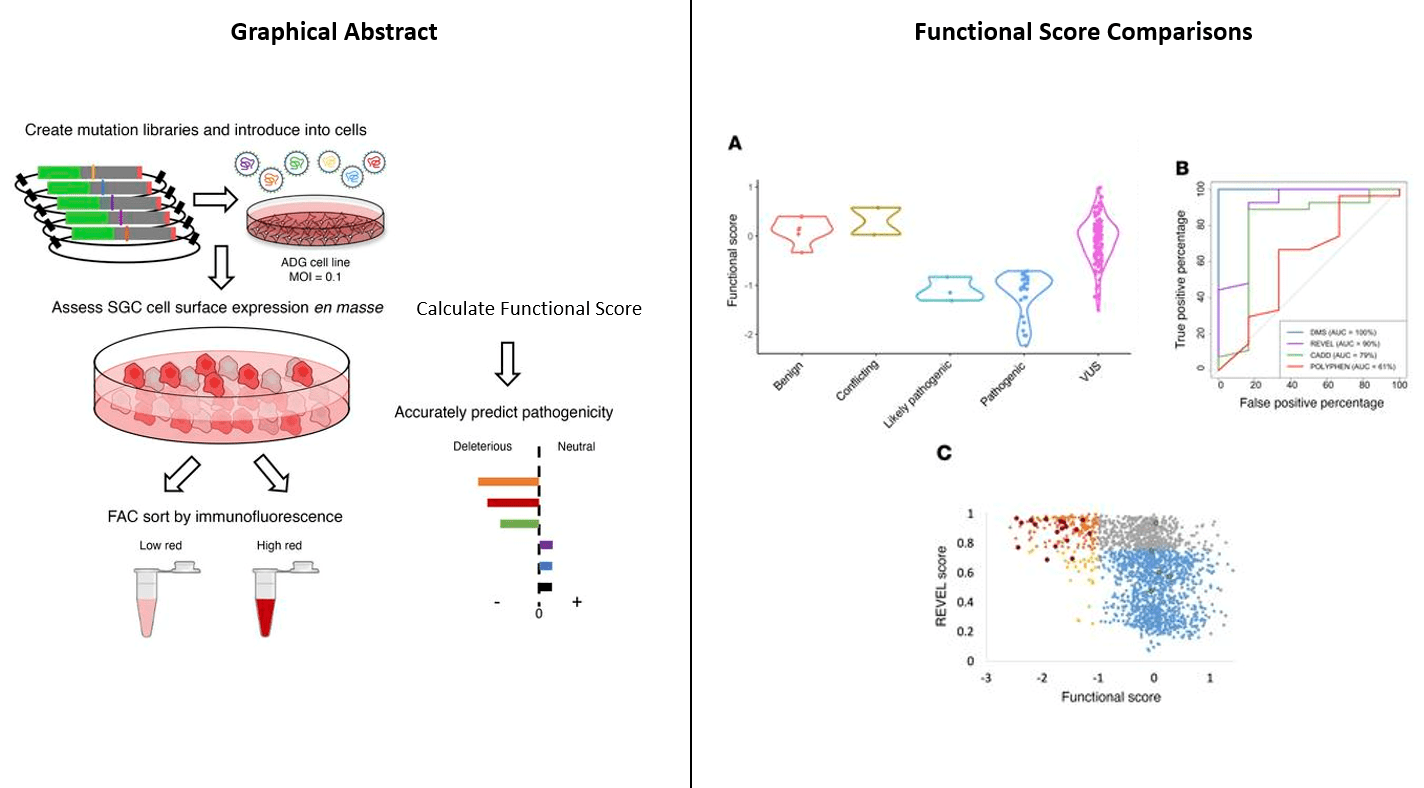Welcome to the Weihl Lab!
Our goal is to understand the molecular mechanisms of protein inclusion formation, disaggregation and clearance in myodegenerative and neurodegenerative diseases.
We believe that dysfunction in protein quality control (molecular chaperones) and protein degradation pathways (e.g. the ubiquitin proteasome system, autophagy and endocytosis) disrupt cellular protein homeostasis resulting in degenerative phenotypes and normal aging. We employ complementary experimental techniques such as biochemistry, cell culture, animal models, and patient tissue to investigate these processes.
Our lab is particularly interested in the pathogenesis of inclusion body myopathy with Paget’s disease of the bone and frontotemporal dementia (IBMPFD) and limb-girdle muscular dystrophy (LGMD). IBMPFD is a multisystem degenerative disorder caused by missense mutations in p97/VCP/cdc48. IBMPFD muscle and brain tissue contains ubiquitinated protein inclusions associated with cellular degeneration and vacuolation. LGMDs are a group of muscular diseases characterized by predominant proximal muscle weakness. LGMD subtypes are highly variable in terms of severity, age of onset, and speed of disease progression and do not share a common pathological mechanism. However, many forms of LGMD involve disruptions in normal protein quality control processes, like protein folding, assembly, transport and degradation, which can impair normal cellular functions and ultimately lead to cell death.
Positions
The Weihl Lab is looking for motivated research assistants, undergraduate students, graduate students and postdocs. If interested in working with us or if you have any questions, please contact us.
Featured Publications
- “Comprehensive functional characterization of SGCB coding variants predicts pathogenicity in limb-girdle muscular dystrophy type R4/2E” (JCI, 2023)
- “Genetic deletion of skeletal muscle iPLA2γ results in mitochondrial dysfunction, muscle atrophy and alterations in whole-body energy metabolism” (iScience, 2023)
- “DNAJB6 isoform specific knockdown: Therapeutic potential for limb girdle muscular dystrophy D1” (Molecular Therapy – Nucleic Acids, 2023)
- “Distinctive chaperonopathy in skeletal muscle associated with the dominant variant in DNAJB4” (Acta Neuropathologica, 2023)
- “Loss of function variants in DNAJB4 cause a myopathy with early respiratory failure” (Acta Neuropathologica, 2023)
- “VCP suppresses proteopathic seeding in neurons” (BMC, 2022)
- “Molecular and cellular basis of genetically inherited skeletal muscle disorders” (Nature Reviews, 2021)
- “Inhibition of DNAJ-HSP70 interaction improves strength in muscular dystrophy” (JCI, 2020)
- “Desmin forms toxic, seeding-competent amyloid aggregates that persist in muscle fibers” (PNAS, 2019)
- “Keap1/Cullin3 Modulates p62/SQSTM1 Activity via UBA Domain Ubiquitination” (CellPress, 2017)
- “Myofibrillar disruption and RNA-binding protein aggregation in a mouse model of limb-girdle muscular dystrophy 1D” (HMG, 2015)
Our Twitter Page



